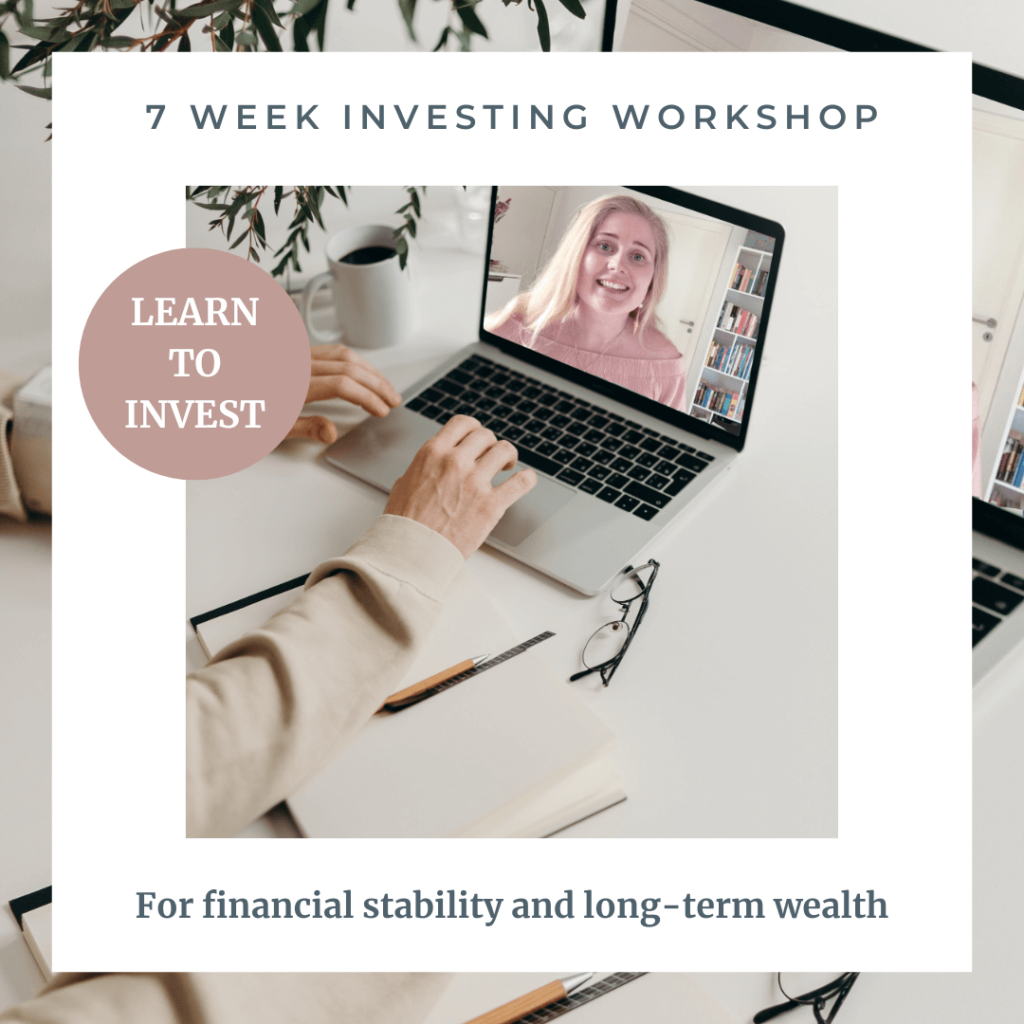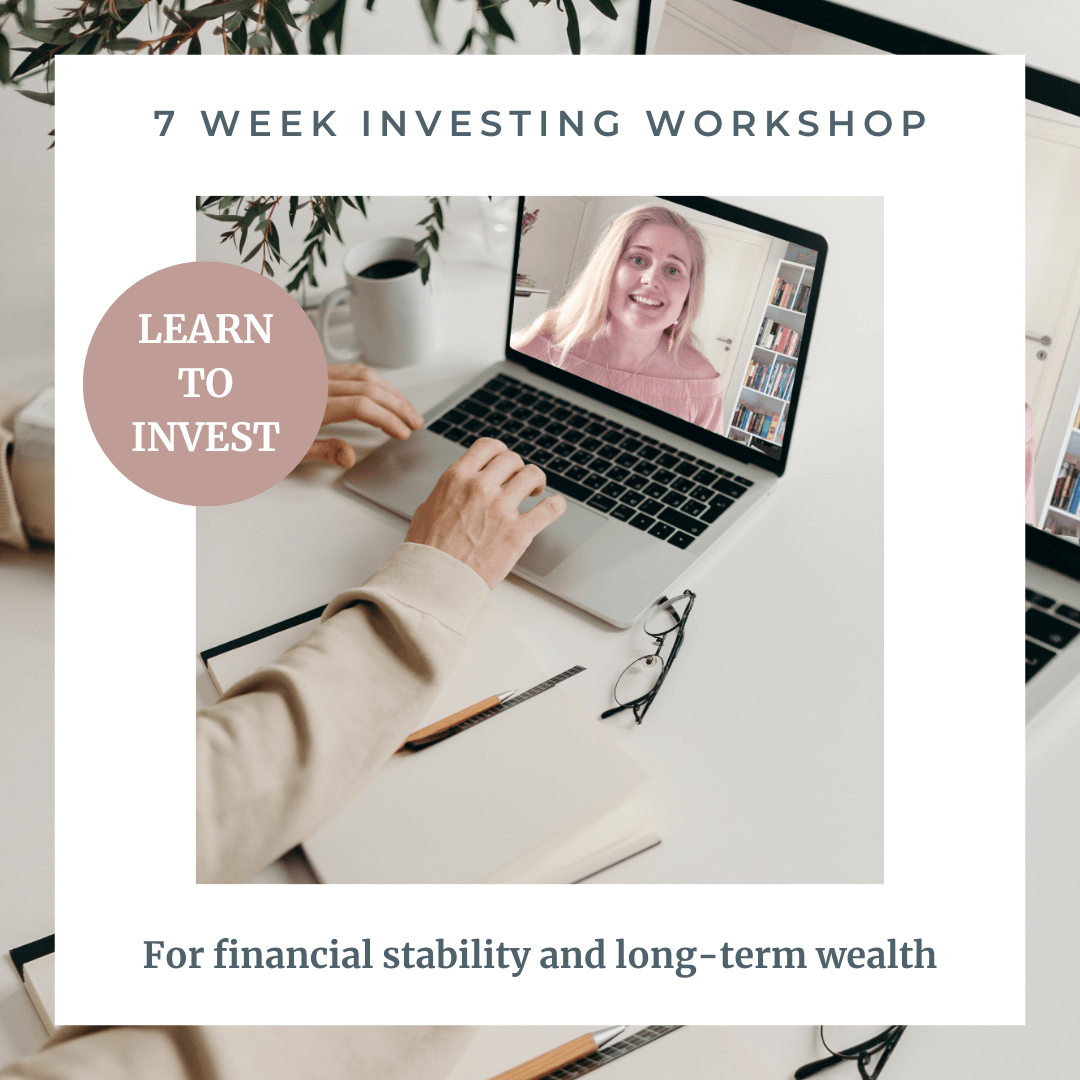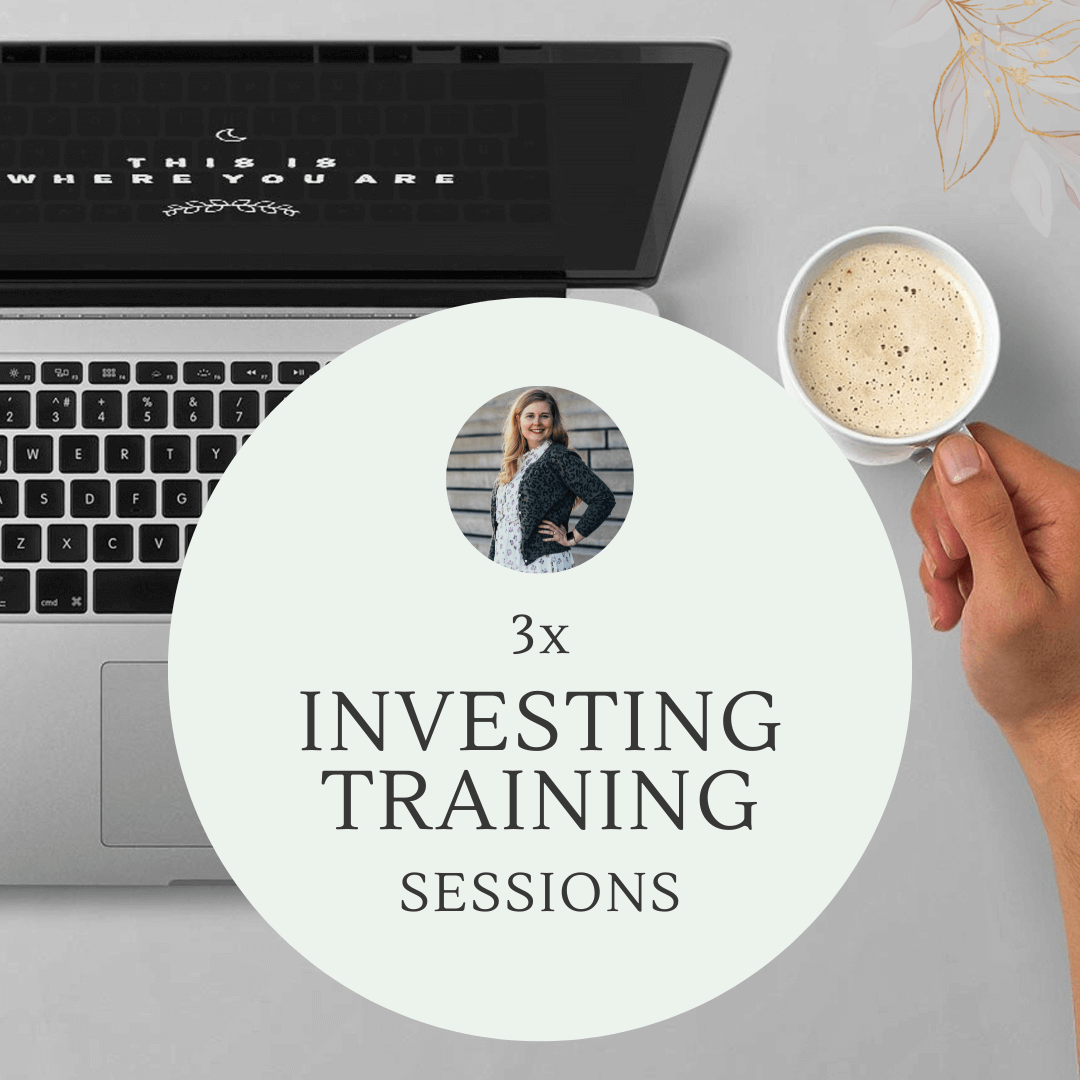In today’s fast-paced financial landscape, learning from the timeless wisdom of Warren Buffett and his mentor, Benjamin Graham, can be your key to successful investing.
I often mention Warren Buffett on the blog and that I’m teaching what the teaching of Warren Buffett. But the investing strategy actually comes from Buffett’s mentor Benjamin Graham. Though Benjamin Graham came up with these principles around 1934, they’re still applicable today – 90 years later. Here’s what you can learn from their five invaluable insights that can empower you to make informed, value-driven decisions in the world of finance and life.

1) Before buying a stock – know the value (not just the stock price).
When you look at the stock charts, do you remember to think that behind the graph is a real company? Graham was the investor who introduced the concept of “intrinsic value”. Before you buy the stock, you must know what the company is worth – the machines, buildings, and inventory. How much would it cost you to buy the whole business? That’s the value of the company and knowing that price is key. Because when you know the value of the business, you know if the stock is expensive or correctly priced.
Learn how to calculate the intrinsic value in this article: How To Find a Stock Price? A Company’s Intrinsic Value
2) A Protective Cushion: The Margin of Safety Principle
Knowing if the business is priced right is important because when you know that you can also decide to buy the stock when it becomes cheap. Graham called that concept “margin of safety”. The larger the margin of safety, the greater the cushion that protects you from a loss in the stock market.
“The three most important words in investing are margin of safety.”
Warren Buffett
On the blog BeyondBenGraham.com, Ben Graham’s granddaughter, Charlotte, writes: “His essential principle of margin of safety, detailed in [the book] The Intelligent Investor, sprang from a boy’s ardent wish to be safe, not sorry, after witnessing his mother’s lost investment in U.S. Steel.”
3) Rule #1 Don’t Lose Money
Ben Graham experienced financial loss in his life that made him apply this principle. As a young boy, his family was well-off, but when his father died, the widow and children ended up very poor. His mother invested the little money she had saved in US Steel but was swindled by the “broker,” and they lost the little they had. Later, as an investment manager, Ben Graham lost 70% of the money he was investing for other people, and it took him several years and a lot of hard work to be able to pay back his customers.
In today’s ever-changing financial landscape, it’s as important as ever to safeguard your investments against losses. It’s all about ensuring that your investments stays strong even when times are unpredictable.
“Rule #1: Don’t lose money. Rule #2: Never forget rule 1.”
Warren Buffett.
4) Mr. Market – Profiting from Stock Market’s Mood Swings
The concept of “Mr. Market” is your key to understanding the stock market’s unpredictable nature. Ben Graham wanted us to imagine Mr. Market as a moody business partner whose mood swings shift between fear and greed – just like the stock market.

Graham’s wisdom lies in the notion that investors can profit from Mr. Market’s emotional fluctuations by staying focused when a stock is crashing.
Here are a few real-life instances where Mr. Market misplaced stock prices, and we could’ve taken the opportunity to invest:
- Lululemon faced a stock sell-off in 2013 when co-founder Chip Wilson made controversial comments and was fat-shaming a customer. It made the stock price drop.
- Nike’s stock price initially dropped but later rose after featuring Colin Kaepernick in an advertising campaign.
The lesson here is to seize the unique opportunities Mr. Market presents. By understanding this analogy, you can make rational, informed investment choices, and make the best moves when the market is overly emotional.
5) Be Kind – Always.
There’s more to learn from Benjamin Graham and Warren Buffett than just financial strategies.
Warren Buffett never witnessed Ben Graham doing an unkind thing. In the community around Buffett, I’ve experienced a kind-hearted and caring community, and it’s something that I myself want to carry on to future investor generations.
The lesson for individual investors is clear: In a world often dominated by the relentless pursuit of wealth, these stories emphasize the importance of kindness, ethical conduct, and a focus beyond monetary gains. It’s a reminder that financial success, while important, should not overshadow our core values and the relationships we build along the way.
For investors, these insights from Graham and Buffett serve as a compass, guiding not only investment decisions but also the way we conduct ourselves in the broader journey of life and finance.
To learn more about how I can help you invest like Ben Graham and Warren Buffett, book a complementary 30 minute-session to learn about my programmes and sessions.




0 Comments